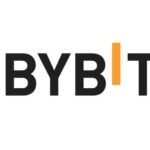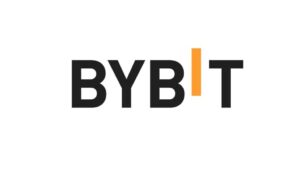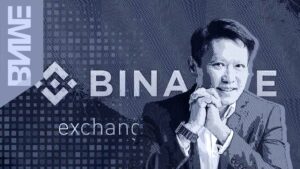Around the world, blockchain technology is transforming a number of industries, and the Middle East is no exception. The region, which is renowned for its quick technology breakthroughs, is using blockchain more and more to address important security and transparency-related challenges. This article examines blockchain’s adoption in the Middle East, its advantages, and how it can change the region’s digital environment.
Improving Openness in Government
Middle Eastern governments are adopting blockchain technology to improve public services’ efficiency and transparency. For example, the Dubai Blockchain Strategy was introduced by the United Arab Emirates (UAE) with the goal of becoming Dubai the first city entirely driven by blockchain. This tactic entails digitizing official records and transactions, including company licenses, visa applications, and land registries. The United Arab Emirates seeks to decrease red tape, stop fraud, and improve public confidence in government services by transferring these procedures on a blockchain.
Blockchain is also being investigated by Saudi Arabia in an effort to increase public sector openness. Blockchain is being looked into by the Saudi Arabian Monetary Authority (SAMA) in an effort to improve financial inclusion and ensure safe financial transactions. It is anticipated that these measures will lessen corruption, improve operational efficiency, and increase confidence in regional government organizations.
Increasing Monetary Security
One of the main uses of blockchain technology in the Middle East is the financial industry. Blockchain is being used by banks and other financial institutions to speed up and safeguard transactions. Blockchain is an effective tool against fraud and cyberattacks because of its decentralized structure and cryptographic security features.
A blockchain-based trade finance system has been implemented in Abu Dhabi by the Abu Dhabi Global Market (ADGM), improving trade transaction security and lowering fraud risk. In a similar vein, banks in the area are investigating blockchain technology for international payments in an effort to reduce expenses and expedite processes.
Enhancing Openness in the Supply Chain
In the Middle East, supply chain management is also being affected by blockchain technology. Businesses are employing blockchain technology to monitor and confirm the provenance of goods in order to guarantee adherence to moral and legal requirements. A blockchain system has been put in place by the UAE’s Ministry of Climate Change and Environment to track agricultural product imports and exports, enhancing traceability and guaranteeing food safety.
upcoming prospects
Blockchain technology’s contribution to improving security and transparency will only increase as it becomes more and more popular in the Middle East. Due to the region’s dedication to digital transformation and its regulatory frameworks, blockchain use is encouraged. To reach its full potential, though, issues like scalability and regulatory compliance must be resolved.




























